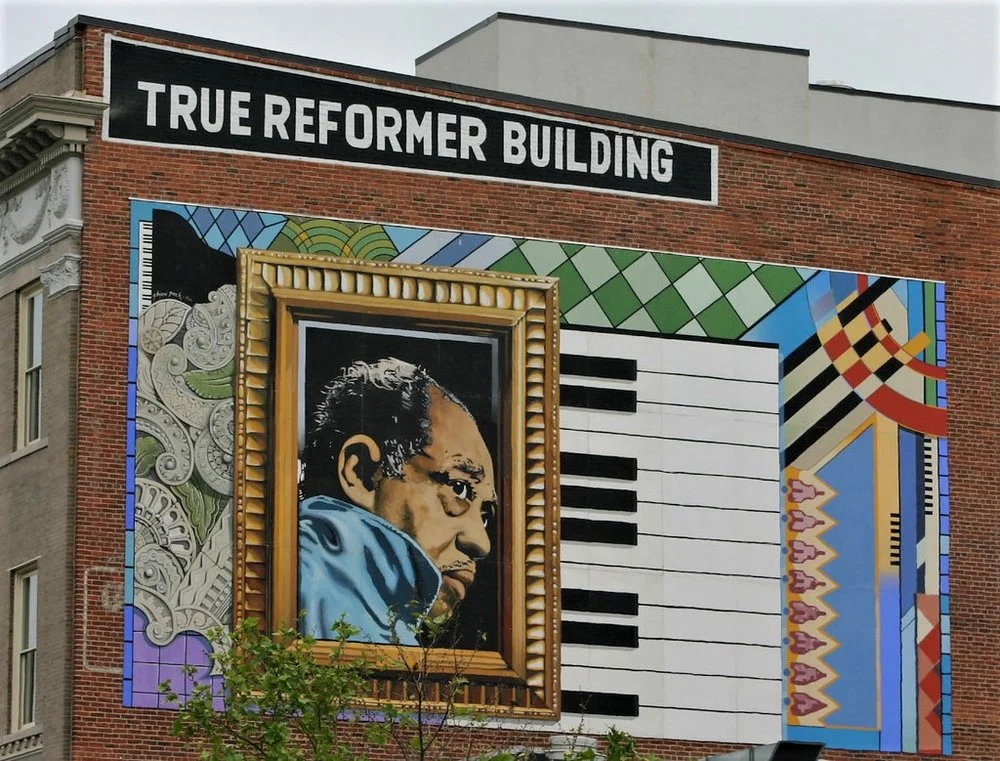Duke Ellington’s Melodies Carried His Message of Social Justice
/DUKE ELLINGTON MURAL ON U STREET NW IN WASHINGTON DC.
Duke Ellington’s Melodies Carried His Message of Social Justice
At a moment when there is a longstanding heated debate over how artists and pop culture figures should engage in social activism, the life and career of musical legend Edward Kennedy “Duke” Ellington offers a model of how to do it right.
Ellington was born on April 29, 1899 in Washington, D.C. His tight-knit black middle-class family nurtured his racial pride and shielded him from many of the difficulties of segregation in the nation’s capital. Washington was home to a sizable black middle class, despite prevalent racism. That included the racial riots of 1919’s Red Summer, three months of bloody violence directed at black communities in cities from San Francisco to Chicago and Washington D.C.
Ellington’s development from a D.C. piano prodigy to the world’s elegant and sophisticated “Duke” is well documented. Yet a fusion of art and social activism also marked his more than 56-year career.
Ellington’s battle for social justice was personal. Films like the award-winning “Green Book” only hint at the costs of segregation for black performing artists during the 1950s and 60s.
Duke’s experiences reveal the reality.





